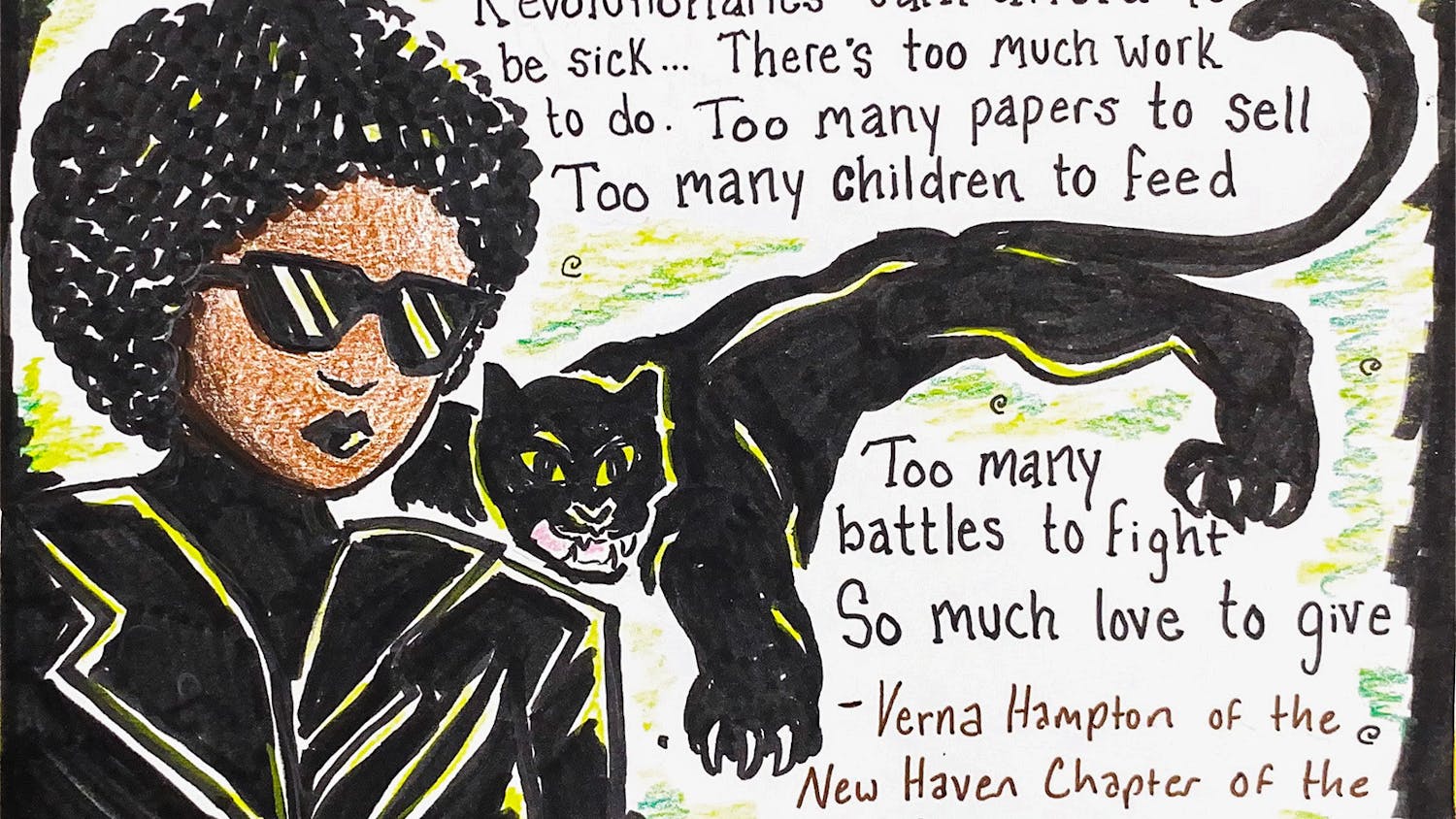The No School Discrimination For Hair Act passed through the House Education Committee on Jan. 28, moving New Mexico one step closer to outlawing discrimination against natural hairstyles and cultural headwear in schools and workplaces.
Filed as HB 29 and passed unanimously through its first committee, the bill would “prohibit schools to allow discipline or discrimination or different treatment, based on a student’s race or culture, or a student’s use of protective hairstyles or cultural headdresses,” according to the legislation.
The statewide push comes after the Albuquerque City Council passed a similar ordinance earlier in January, as reported by the Daily Lobo. Both of these efforts stemmed from a national movement, created by Dove and the CROWN Coalition, which includes the National Urban League, Color of Change and the Western Center of Law and Poverty. The project stands for “Creating a Respectful and Open World for Natural Hair,” or CROWN.
House Majority Leader Sheryl Williams Stapleton, D-Albuquerque, a co-sponsor of the bill and the first Black floor leader of the chamber, said that although the title indicates the bill would only offer the protections in schools, workplaces would be included as well.
“It does go beyond the school setting; it includes the workplace,” Stapleton said in committee.
Alexandria Taylor, an advocate for the bill and the director of sexual assault services for the New Mexico Coalition of Sexual Assault Programs, said the bill would add language protecting natural hairstyles and cultural headwear to the state’s educational code and the proposed Human Rights Act.
The advocacy effort for the bill — especially from the New Mexico Black Central Organizing Committee, formed by a group of Black women to lobby for its passage — involved a large group of people giving their personal testimonies.
“We have been collecting hair stories, and not just stories of pain, but stories of joy around what we consider our crown,” Taylor, a member of the Central Organizing Committee, said.
Taylor told the story of her son, who had asked to get dreadlocks, and how she made him write a three-page research paper on hair discrimination.
“(He needed to) learn about all the young Black people being forced to cut their locs by people in positions of authority,” Taylor said. “He should not have had to do that.”
The other expert Stapleton brought in was Malia Luarkie, a co-founder of the advocacy group Indigenous Women Rising. She spoke about growing up on the Laguna Pueblo as a Black Pueblo woman and how she felt the need to straighten her hair every day since she was 10 years old.
“I was constantly teased and disrespected because I looked different,” Luarkie said. “The teasing was not limited to fellow classmates, but their parents and school faculty as well.”
In the education committee, an amendment added to the bill changed the word burka to hijab. Stapleton said she was asked to change the wording because a burka isn’t common amongst children in schools, as it’s a full-body covering instead of just a head covering.
“That is not what we have in schools,” Stapleton said. “Children would not wear that, so they have asked us to change it.”
The committee discussion led members of the public to ask that the bill include more religious head coverings, such as turbans, and spurred further discussion regarding the absence of the word “religious” in the proposed legislation.
Get content from The Daily Lobo delivered to your inbox
“So we don’t list a bunch of things and then leave something out, I personally would feel more comfortable if we say cultural or religious,” Rep. Joy Garratt, D-Albuquerque, said.
Stapleton said she had thought of this absence but didn’t have enough time to propose it as an amendment, promising to address it in the next committee hearing.
Other committee members questioned the enforcement of the bill and whether it would interfere with any safety protocols.
Aja Brooks, the president of the New Mexico Black Lawyers Association, said that if a school or employer were concerned about the safety of a hairstyle they should work with the individual to find a way to make the hairstyle safe without infringing on their cultural identity.
“I do think there are other ways to deal with safety issues besides having someone cut their hair off or having someone chemically alter their hair,” Brooks said.
The bill passed on a unanimous 14-0 vote, with Rep. Jack Chatfield not present. The bill will next be heard in the House Judiciary Committee. If passed by the full Legislature, New Mexico would be the 7th state in the country to afford these protections for natural hairstyles and cultural headwear.
Madeline Pukite is a beat reporter at the Daily Lobo. She can be contacted at news@dailylobo.com or on Twitter @madelinepukite






